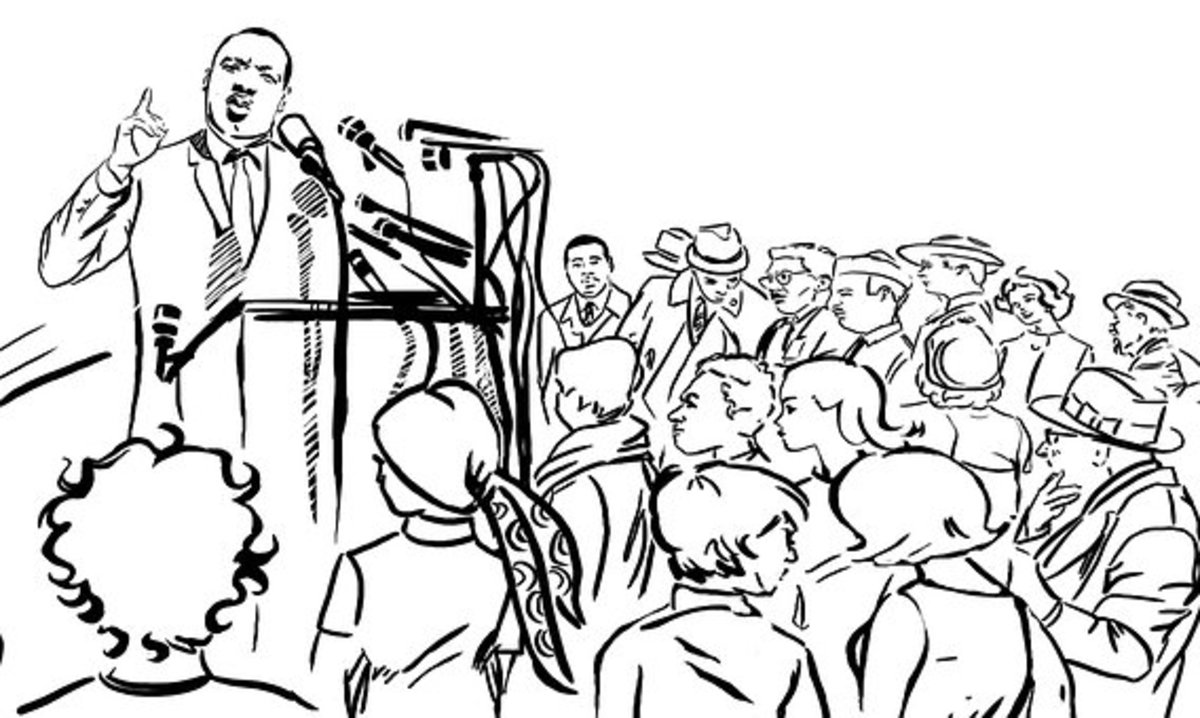Learning English: Modals of Obligation (Must, Have to, Should etc)

Must / Mustn't / Can't
Must: We use must when something is compulsory, that it is a law or a rule. It is more commonly used when someone is a position of authority. For example your boss may say: “You must be on time to work.” It can also be used for self-imposed obligation.
Mustn’t: The negative form of must is mustn’t. This is to say something is forbidden or not permitted/allowed or against the law. For example: You mustn’t smoke in the classroom.
Can’t: This is an alternative to mustn’t and while can’t has many different uses, here it can also be used to replace mustn’t and say forbidden or that you do not have that opportunity. ‘You can’t park in a disabled parking space unless you have a special permit’

Have to / Don't have to / Need
Have to: An alternative to must, it more commonly used, especially when the person is not in authority. “I have to be on time to work, my boss told me this!”
Don’t have to: This is not the negative form of have to. Don’t have to means NO OBLIGATION. For example you can’t smoke in the classroom, but you can drink water. You don’t have to drink water which means that while you have the opportunity you are not obligated to drink water.
“You must be on time to work, but you don’t have to wear a hat” (but you can if you want to).
Need: Often used as an alternative to ‘have to’. It is used to describe something that is a necessity/obligation. “You need to be on time to work”. Needn’t is the opposite of ‘don’t have to’

Should / Ought to
Should: Should is weaker obligation and is usually used for criticism when something is expected and the person hasn’t done this. For example the children are normally in bed at 9pm. The parent arrives home at 10pm and the children are still awake. “You should be in bed!” So it was expected they were, but they were not in bed.
Ought to: ‘Ought to’ is a slightly more formal version of should and has the same meaning as should. The negative is ought not to.







